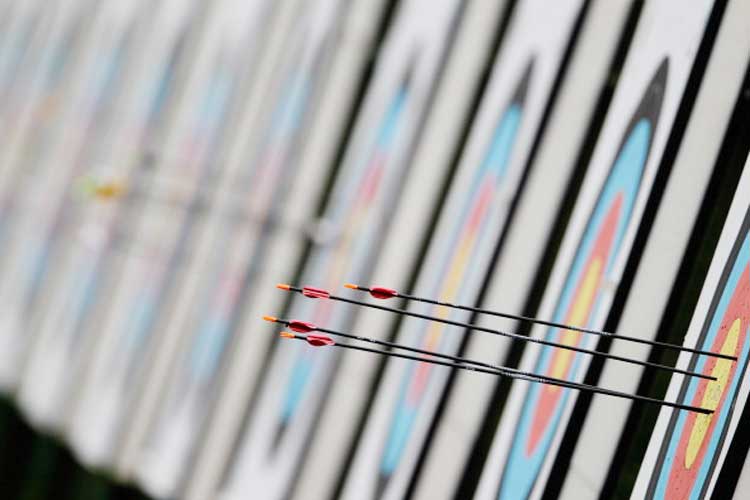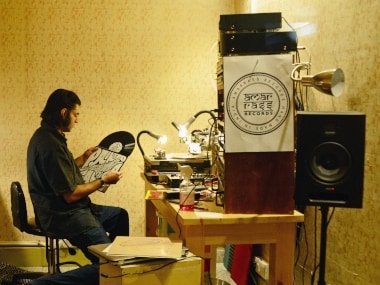The US-based healthcare products major is already facing multiple regulatory investigations in the country over the safety of its products.
Johnson & Johnson's (J&J) decision of donating 10,000 courses of multi drug-resistant tuberculosis (MDR-TB) medicine bedaquiline free of cost in India is under the scanner.
The US-based healthcare products major is already facing multiple regulatory investigations in the country over the safety of its products.
Bedaquiline that replaces older, more toxic TB treatments, was the first drug resistant-TB medicine to be developed in over 40 years.
The drug reportedly improves cure rates with fewer side-effects.
"If used in its entirety, this could help catalyse significant progress against MDR-TB in India," J&J said in a media statement.
Through its subsidiary Janssen, J&J had donated over 10,000 courses of bedaquiline in 2016 as part of a global donation programme, operated in partnership with the US Agency for International Development (USAID).
The company said it supports the government's 'Make in India' programme and partnered with local manufacturers to produce bedaquiline for global use, including India.
The Government of India has set an ambitious goal of ending TB by 2025, five years ahead of the global Sustainable Development Goal (SDG) target of 2030.
There are an estimated 135,000 cases of drug-resistant TB in India every year, and currently less than 30 percent of the patients are diagnosed and provided appropriate treatment.
ControversiesAlthough the donation programme ended in March 2019, India-specific donations from J&J came at a time when two tuberculosis survivors had opposed a secondary patent application filed in India by Janssen, on grounds that it could block generic versions of bedaquiline until 2027.
The timing of J&J's-India specific donation, also coincides with multiple controversies that raised questions over the safety of the products sold by the company in India.
J&J has been in the news recently due to its faulty ASR hip implants and compensation to patients, allegation of its baby powder and shampoo contamination, selling USFDA banned surgical pelvic meshes, among others.
Timing of donation
Healthcare activists and NGOs have raised concerns over the timing and intent of J&J's donation of bedaquiline in India.
"Not only do these ad-hoc and piece-meal drug donations threaten the sustainability and predictability of the government’s MDR-TB treatment programme, the timing of the announcement certainly raises serious concerns that the donations are aimed at undermining strict regulatory action by the Ministry of Health and Family Welfare (MOHFW) and extracting concessions or leniency from the government," the All India Drug Action Network (AIDAN), a network of healthcare groups working for affordability, said.
"The donations of bedaquiline to India not only create dependence on donations from a single supplier, but also stifle the Government’s willingness to promote local production of the drug by generic manufacturers to ensure affordable, sustainable and predictable supply to the government programme," AIDAN added.
Medecins Sans Frontieres (MSF), the Paris-based non-profit organisation said that J&J's bedaquiline donation programme is another means by which the corporation has worked to retain decision-making power over who gets treated and where, rather than working collectively with global healthcare providers and the TB community that made the development of bedaquiline possible.
"J&J announced its drug donation programme in response to public pressure to lower the price of this drug, but global health experts and WHO recommend against donation initiatives, which can undermine long-term efforts to increase access to affordable medicines," MSF said.



























































